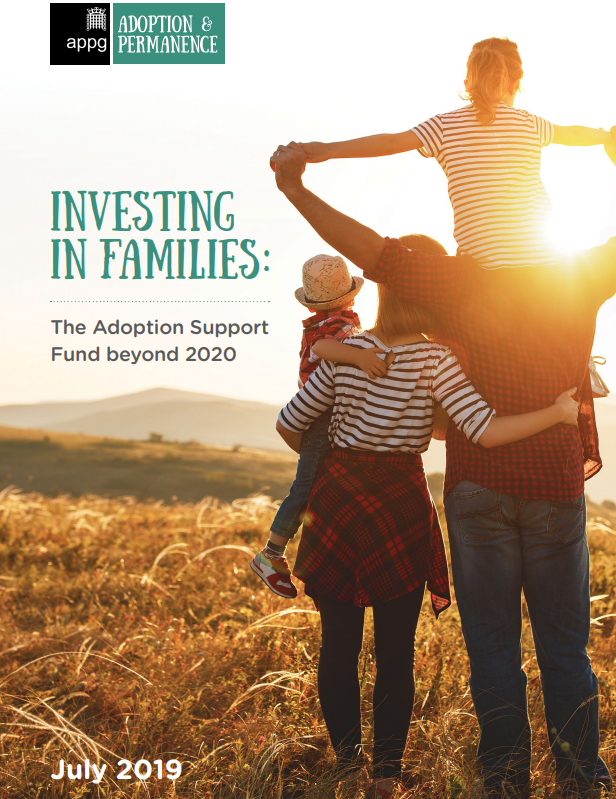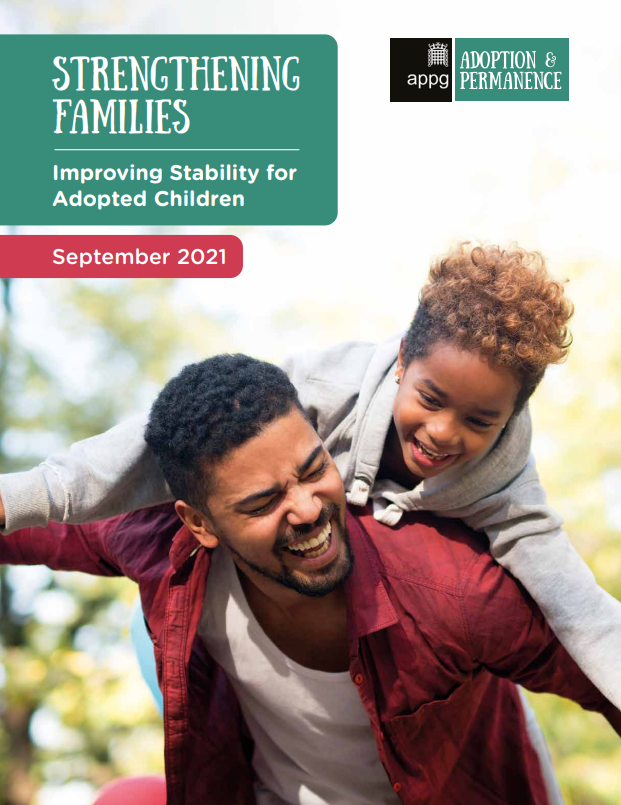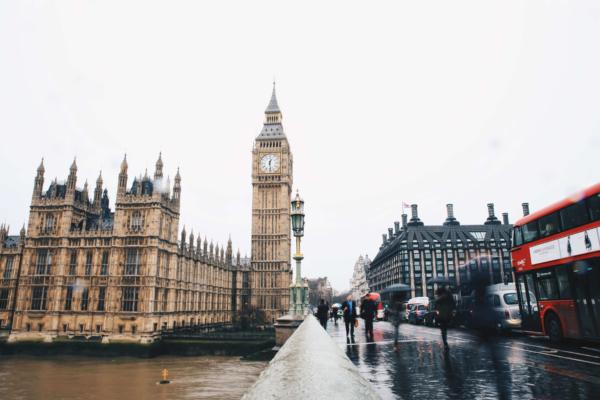APPG for Adoption and Permanence
The All-Party Parliamentary Group for Adoption and Permanence (APPGAP) is a cross-party group of Parliamentarians from both the House of Commons and the House of Lords who are working together to ensure adopted children and their families can thrive. The group was established in February 2019 and is currently chaired by Rachael Maskell MP. Home for Good provides joint secretariat for the group along with the charity Adoption UK.
The aim of the APPG for Adoption and Permanence is to:
- Amplify the voices and experiences of children and families engaged in adoption and other forms of permanence, to inform parliamentarians and promote the development and implementation of effective policy and practice.
- Provide an opportunity for the ambitious exploration of innovative solutions to enable adopted children and families to thrive.
Since its inception, the group has conducted two inquiries.
The first inquiry considered the impact and future of the Adoption Support Fund, the findings of which are summarised in the Investing in Families report, published in July 2019.
In 2021, the group conducted an extensive inquiry on how to improve stability for adopted children and their families. This inquiry sought to contribute to the independent Review of Children’s Social Care, and the findings and recommendations are summarised in the Strengthening Families report, published in September 2021.
APPG for Adoption and Permanence

Research and reports
A selection of reports and research papers written by the Advocacy team at Home for Good.
Read moreI would like to find out what is
going on in my area
Join our mailing list for the latest Home for Good news and ways to get involved.
Together we can find a home for every child who needs one.
£25 per month could help us create and collate inspiring articles and blogs that encourage and inform the families and communities who care for vulnerable children








 Thank you, you're giving:
Thank you, you're giving: